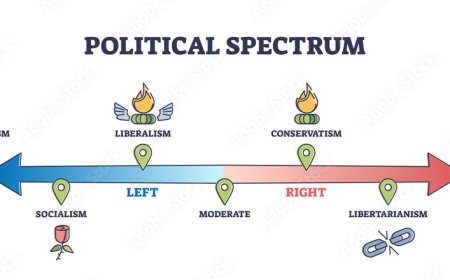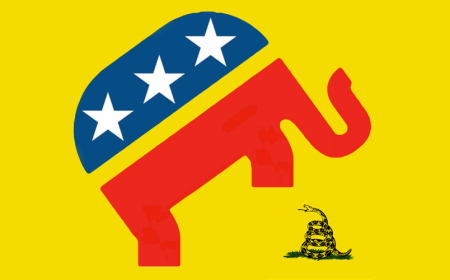Libertarian Villains: Famous Tyrants and the Lessons We Should Learn
This article imagines what history would look like if famous tyrants like Hitler, Stalin, Mao, Kim Jong-Un, and Mussolini had embraced libertarian principles. By focusing on personal freedom, decentralization, and free markets, it highlights how societies could have thrived without oppressive regimes.
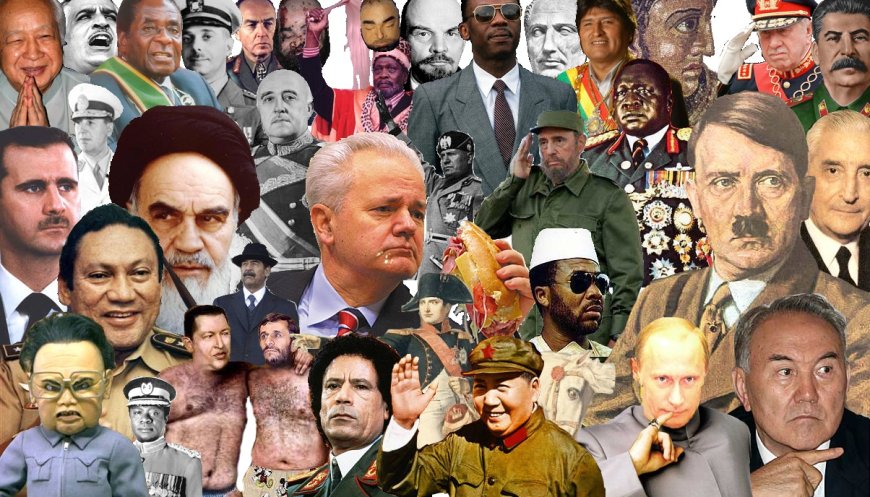
History is filled with figures whose thirst for power trampled over personal freedoms, creating devastation and suffering. But what if these tyrants had embraced the principles of liberty, respect for individual rights, and limited government? Could the course of history have been different? In this quirky exploration, let's look at some famous tyrants through the lens of libertarianism and imagine the world they might have created if they had championed freedom instead of oppression.
1. Adolf Hitler: The Dictator Who Could Have Valued Individual Rights
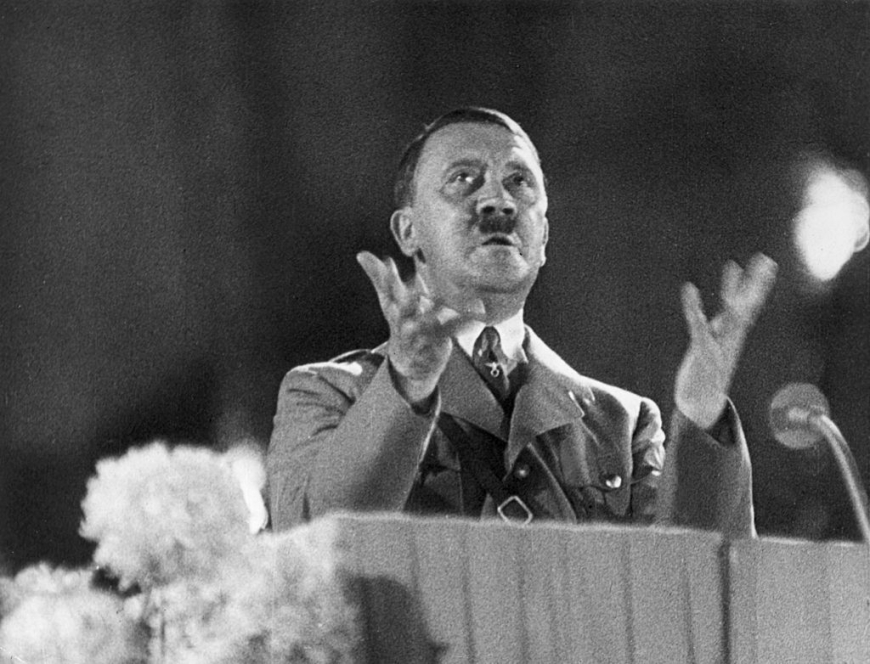
Adolf Hitler, the Führer of Nazi Germany, is arguably one of the most notorious figures in history. His totalitarian regime, built on the suppression of personal freedoms, racism, and nationalism, led to one of the deadliest wars the world has ever seen.
Libertarian Spin:
What if Hitler had respected individual liberty, rejecting the idea of a state-controlled economy and instead allowed market forces to flourish? Rather than imposing centralized control over everything from business to personal expression, he could have embraced free-market capitalism. The result could have been a flourishing society based on voluntary cooperation, innovation, and respect for diversity. A country that prioritized individual freedoms over totalitarian conformity might have fostered creativity, peace, and prosperity—without the horrific consequences of the Holocaust.
2. Joseph Stalin: The Soviet Strongman with a Different Vision
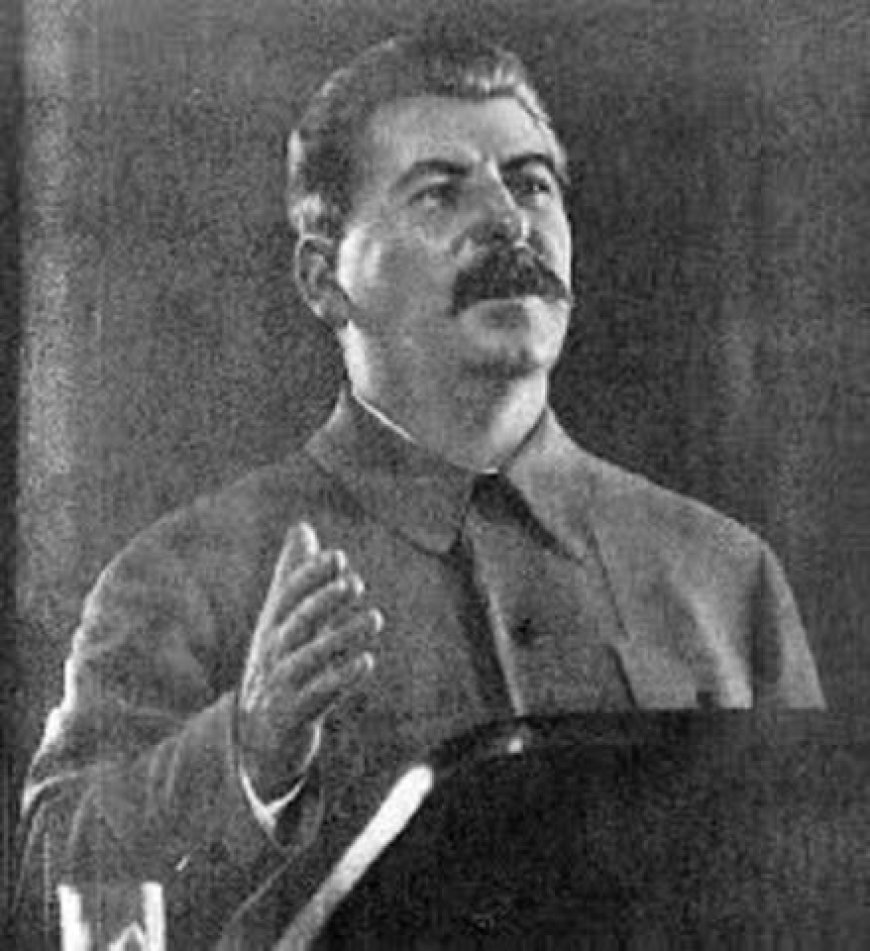
Joseph Stalin, the leader of the Soviet Union, is infamous for his purges, forced collectivization, and the creation of a totalitarian state that crushed dissent and imprisoned millions. Under his rule, the state controlled almost every aspect of life, from agriculture to industry, leaving little room for personal freedom.
Libertarian Spin:
Imagine a Stalin who recognized the importance of decentralization and individual liberty. Instead of imposing collective farming and state-run enterprises, he could have embraced free markets, allowing individuals to own property and run businesses freely. By respecting voluntary contracts and encouraging entrepreneurship, the Soviet Union could have evolved into a prosperous society, where creativity and personal choice fueled growth. Personal freedom would have replaced the iron fist, leading to a more peaceful, thriving society with less coercion and fear.
3. Mao Zedong: The Great Leap Backwards
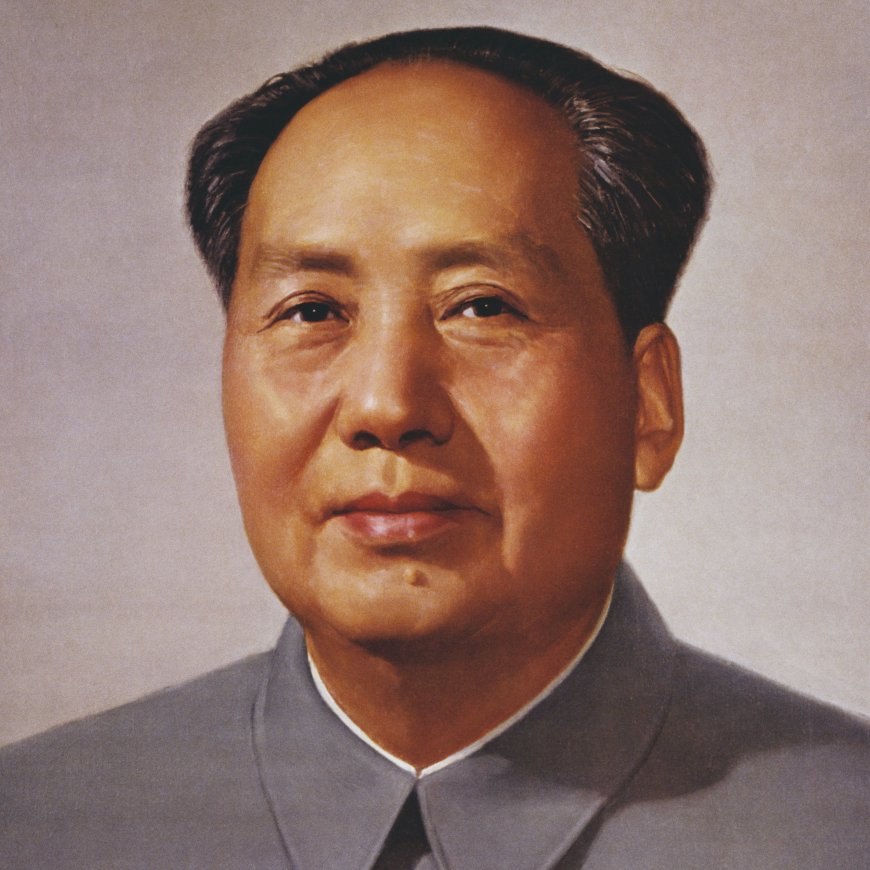
Mao Zedong, the founding father of the People’s Republic of China, was responsible for radical policies that led to widespread famine, millions of deaths, and the destruction of cultural heritage. His attempts to collectivize farming and industrialize China quickly ended in disaster, causing immense human suffering.
Libertarian Spin:
What if Mao had embraced private property and market-based solutions? Instead of centralizing power and attempting to control all aspects of life, he could have promoted individual entrepreneurship and voluntary cooperation. If he had fostered a system that allowed private ownership of farms and businesses, China might have experienced sustainable growth, increased wealth, and innovation, rather than the devastating consequences of collectivism. Individual freedom would have empowered the people to create their own prosperity, without the need for top-down control.
4. Kim Jong-Un: A Dictator in the Digital Age
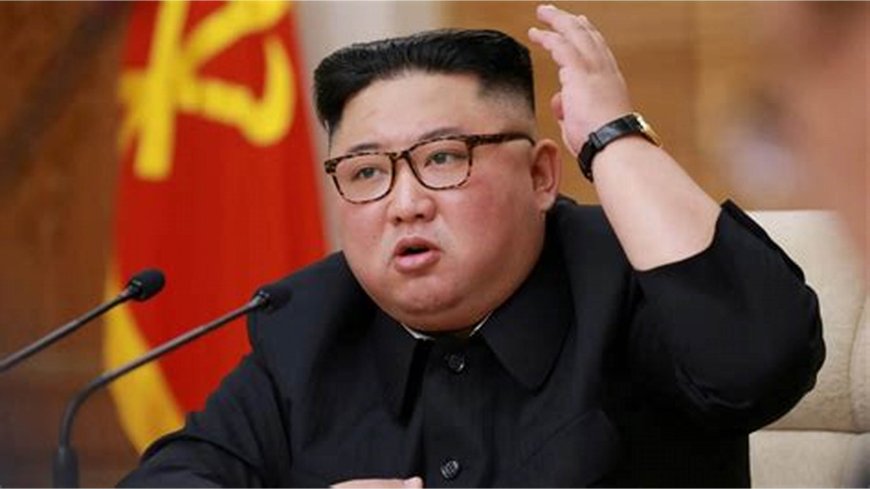
Kim Jong-Un, the current leader of North Korea, continues the legacy of his grandfather, Kim Il-sung, and father, Kim Jong-il, by maintaining a brutal regime that restricts nearly all freedoms. The Kim family's control over North Korea has resulted in widespread poverty, human rights violations, and an almost complete absence of political liberty.
Libertarian Spin:
In a world where Kim Jong-Un respected individual freedoms, North Korea could have embraced a free-market economy that allowed citizens to trade, own property, and express themselves without fear of punishment. The regime could have dismantled its vast surveillance infrastructure, replaced by a system that respected privacy, personal autonomy, and voluntary cooperation. A society where individuals were free to make their own choices, interact with the global economy, and innovate would likely have led to greater prosperity, peace, and global engagement.
5. Benito Mussolini: The Fascist Who Could Have Fostered Unity Through Freedom
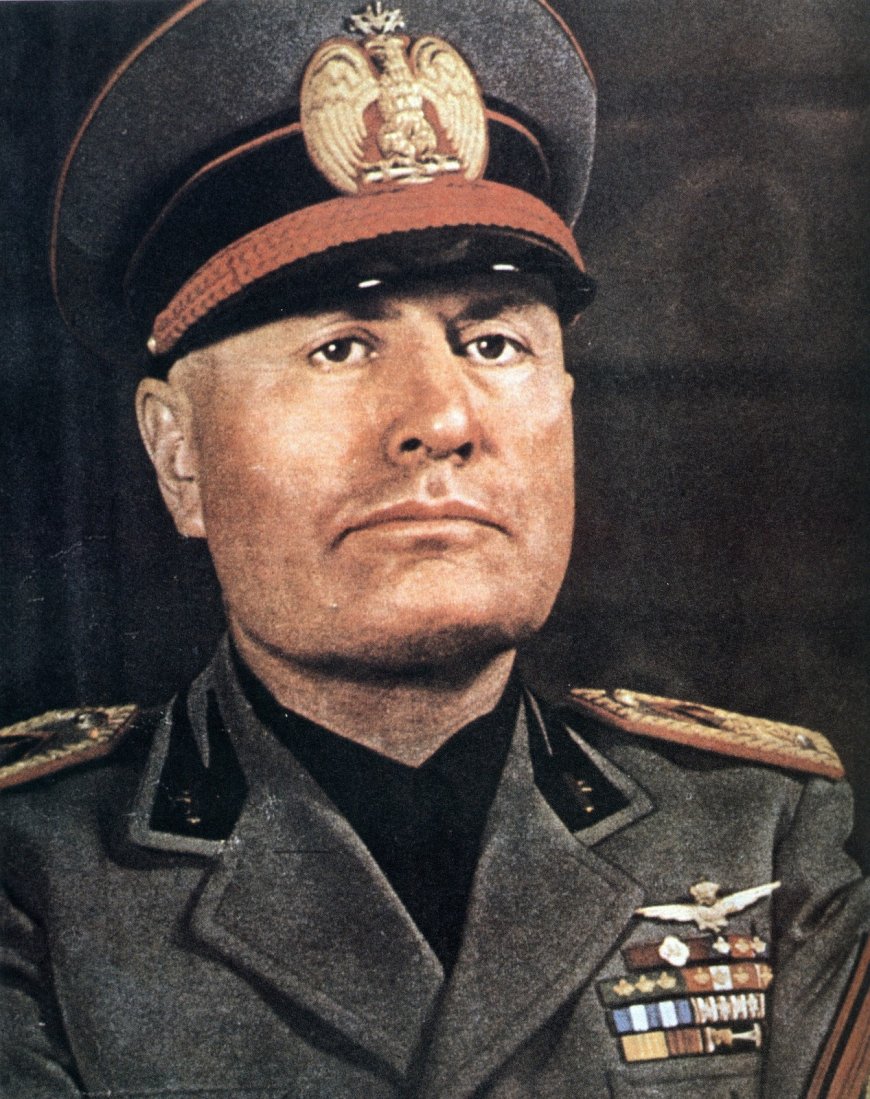
Benito Mussolini, the founder of Italian Fascism, established a regime that combined authoritarian control with nationalist fervor. His government sought to suppress opposition and enforce strict control over the economy and society, often glorifying the power of the state over the individual.
Libertarian Spin:
Had Mussolini embraced the principles of voluntary cooperation and individual liberty, Italy could have thrived without the need for a centralized, authoritarian regime. Mussolini’s vision could have shifted from state-run industry to a flourishing free-market economy, where competition and individual innovation were encouraged. A society based on respect for property rights, freedom of speech, and open debate would have avoided the stifling oppression of fascism, paving the way for a peaceful, prosperous Italy.
Lessons from Tyranny: What Can We Learn?
Looking at history's most infamous tyrants through the lens of libertarianism offers valuable insights into the dangers of unchecked power and the importance of protecting individual rights. These leaders, if they had embraced the idea that freedom is the foundation of prosperity, might have created societies that valued human dignity, personal choice, and voluntary cooperation.
The lesson is clear: Power corrupts, but freedom fosters innovation and growth. By respecting the autonomy of the individual and minimizing government intervention, we can avoid the destructive paths that these tyrants followed and build a society that thrives on personal liberty, creativity, and voluntary exchange.
Conclusion: The Tyrants We Could Have Avoided
As we reflect on the legacies of these tyrants, we’re reminded that liberty is the antidote to authoritarianism. By understanding the consequences of unchecked power, we can work towards a world where individual freedom is not just a lofty ideal but a lived reality. Let's take these lessons to heart and ensure that the mistakes of history aren't repeated.
Remember: Tyrants might have had control, but the real power lies in the freedom of the individual. The more we fight for personal liberties, the less likely we are to repeat history's most costly mistakes.
What's Your Reaction?














































